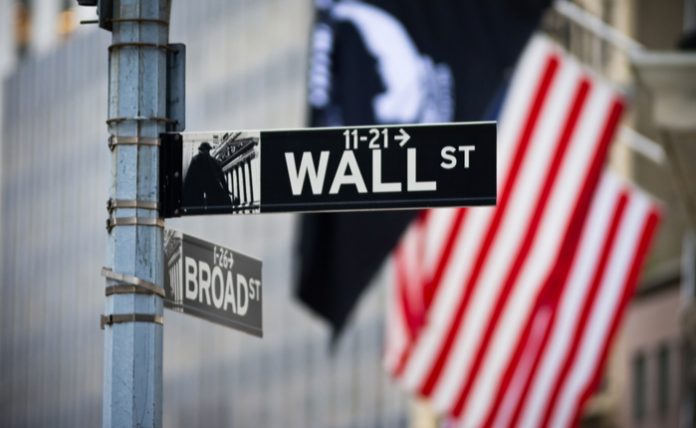Eyes on bank earnings
U.S. stock futures point to a higher open on Tuesday, as a bunch of big bank first-quarter earnings begin to roll in.
JPMorgan Chase (NYSE: JPM) and Wells Fargo (NYSE: WFC) kick things off with their quarterly reports ahead of the opening bell. Drugmaker Johnson & Johnson (NYSE: JNJ) will also publish its financial results before the bell.
This particular earnings season will be closely monitored and scrutinized to gauge the impact of the novel coronavirus (COVID-19) pandemic on corporate profits. Analysts will also be watching the reports for clues about the outlook for the rest of 2020.
By 6:40 a.m. ET, the blue-chip Dow futures were up 298.5 points, or 1.28% to 23,607.5. S&P 500 futures rose 32.13 points, or 1.16% to 2,791.38 while the tech-heavy Nasdaq 100 futures indicated a gain of 119.87 points, or 1.44% to 8,447.12.
Roku stock surges 12% after revealing jump in streaming hours
Streaming TV platform operator Roku (NASDAQ: ROKU) late Tuesday surprised shareholders after saying it expects first-quarter revenue to be slightly more than forecast in its previous guidance due to positive impact of the ongoing coronavirus stay-at-homes on streaming players.
Roku projected that it had 39.8 million active accounts as of March 31, representing a net increase of about 2.9 million from the earlier quarter. It also forecasts first-quarter streaming hours will total 13.2 billion, up 49% on a year-over-year basis.
The announcement sent shares of the California-based company soaring in extended trading hours. As of this writing, the stock was up $12.38, or 12.82% to $96.56 a share in Tuesday’s premarket trading session.
Suit accuses food delivery companies of hiking prices
Meanwhile, Reuters is reporting that a lawsuit accusing GrubHub (NYSE: GRUB), DoorDash, Postmates and Uber Technologies Inc. (NYSE: UBER) subsidiary Uber Eats of increasing fees charged to restaurants during the coronavirus crisis has been filed in Manhattan federal court.
The suit, which seeks to be certified as a class action, was filed by three consumers and alleges the four companies are using their market power to charge the restaurants as much as 10% to 40% commission on food sales.
This has left the restaurants with no choice but to hike their menu prices and charge all customers extra, regardless of whether they order through the delivery services or not, to make up for the exorbitant fees.










